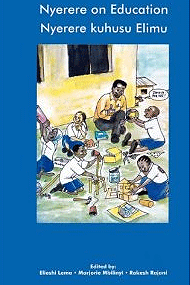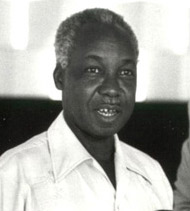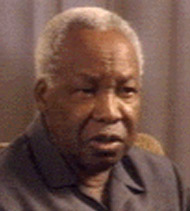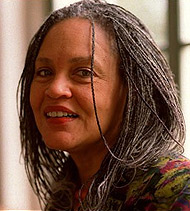Nyerere on the quarterly review of comparative education

Julius Nyerere, the former and founding President of the United Republic of Tanzania, is known not only as one of the world's most respected statesmen and an articulate spokesman of African
liberation and African dignity but also as an educator and an original and creative educational thinker. Before launching his political career, he was a teacher, and as a result of his writings on
educational philosophy and the intimate interaction between his political leadership and educational leadership for the country, he is fondly and respectfully referred to by the title of "Mwalimu"
(teacher) by Tanzanians and others.
This is Gillette's view of him: Indeed, part of Nyerere's charisma lies in the fact that, before launching his political career with the founding of the Tanganyika African National Union (TANU) in 1954, he was a teacher and that his concept of his role as national leader includes constant reassessment, learning and explanation, i.e. education in the broadest sense. Since Independence, and particularly since the threshold year of 1967, Tanzania has been something of a giant in-service seminar, with Nyerere in the professor's chair (Gillette, 1977).
Many features of his educational philosophy have a universal relevance and have inspired many educators and educational and development organizations around the world. In particular, his
educational philosophy has often been regarded as an appropriate and rational educational…



